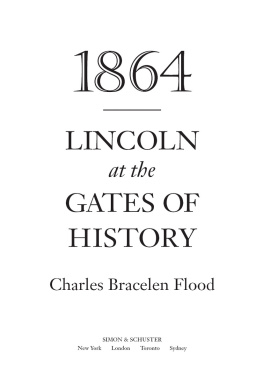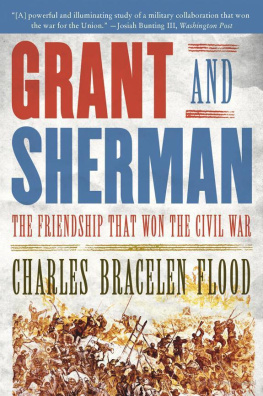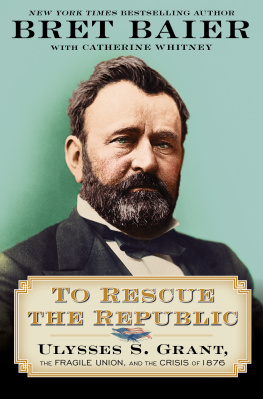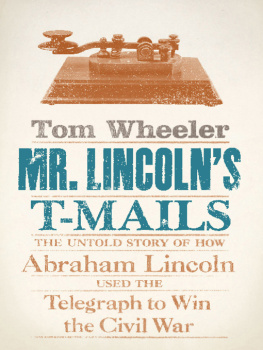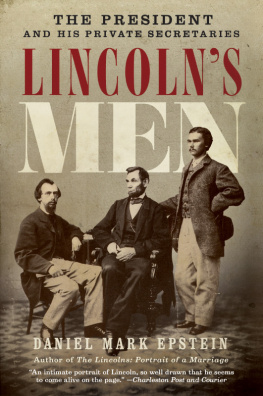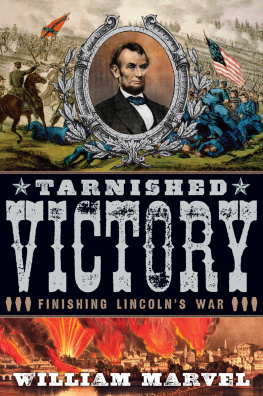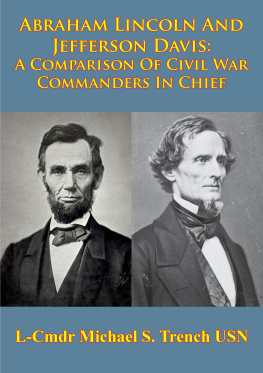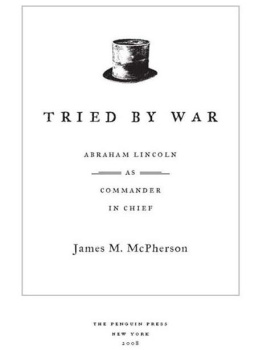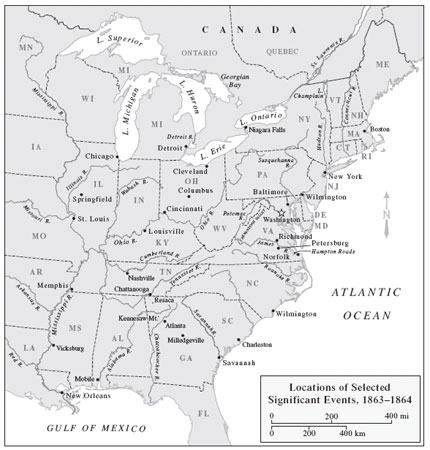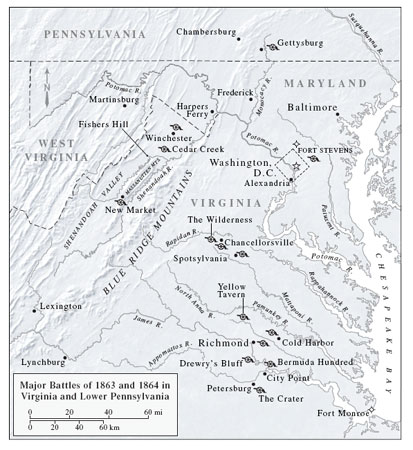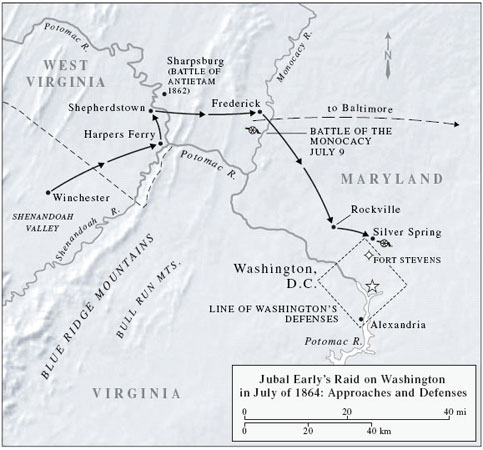Charles Bracelen Flood - 1864: Lincoln at the Gates of History
Here you can read online Charles Bracelen Flood - 1864: Lincoln at the Gates of History full text of the book (entire story) in english for free. Download pdf and epub, get meaning, cover and reviews about this ebook. year: 2009, publisher: Simon & Schuster, genre: Non-fiction. Description of the work, (preface) as well as reviews are available. Best literature library LitArk.com created for fans of good reading and offers a wide selection of genres:
Romance novel
Science fiction
Adventure
Detective
Science
History
Home and family
Prose
Art
Politics
Computer
Non-fiction
Religion
Business
Children
Humor
Choose a favorite category and find really read worthwhile books. Enjoy immersion in the world of imagination, feel the emotions of the characters or learn something new for yourself, make an fascinating discovery.
- Book:1864: Lincoln at the Gates of History
- Author:
- Publisher:Simon & Schuster
- Genre:
- Year:2009
- Rating:4 / 5
- Favourites:Add to favourites
- Your mark:
1864: Lincoln at the Gates of History: summary, description and annotation
We offer to read an annotation, description, summary or preface (depends on what the author of the book "1864: Lincoln at the Gates of History" wrote himself). If you haven't found the necessary information about the book — write in the comments, we will try to find it.
In a masterful narrative, historian and biographer Charles Bracelen Flood brings to life the drama of Lincolns final year, in which he oversaw the last campaigns of the Civil War, was reelected as president, and laid out his majestic vision for the nations future in a reunified South and in the expanding West.
In 1864: Lincoln at the Gates of History, the reader is plunged into the heart of that crucial year as Lincoln faced enormous challenges. The Civil War was far from being won: as the year began, Lincoln had yet to appoint Ulysses S. Grant as the general-in-chief who would finally implement the bloody strategy and dramatic campaigns that would bring victory.
At the same time, with the North sick of the war, Lincoln was facing a reelection battle in which hundreds of thousands of Peace Democrats were ready to start negotiations that could leave the Confederacy as a separate American nation, free to continue the practice of slavery. In his personal life, he had to deal with the erratic behavior of his wife, Mary Todd Lincoln, and both Lincolns were haunted by the sudden death, two years before, of their beloved eleven-year-old son, Willie.
1864 is the story of Lincolns struggle with all this -- the war on the battlefields and a political scene in which his own secretary of the treasury, Salmon P. Chase, was working against him in an effort to become the Republican candidate himself. The North was shocked by such events as Grants attack at Cold Harbor, during which seven thousand Union soldiers were killed in twenty minutes, and the Battle of the Crater, where three thousand Union men died in a bungled attempt to blow up Confederate trenches. The year became so bleak that on August 23, Lincoln wrote in a memorandum, This morning, as for several days past, it seems exceedingly probable that this Administration will not be reelected. But, with the increasing success of his generals, and a majority of the American public ready to place its faith in him, Lincoln and the nation ended 1864 with the close of the war in sight and slavery on the verge of extinction.
1864 presents the man who not only saved the nation, but also, despite the turmoil of the war and political infighting, set the stage for westward expansion through the Homestead Act, the railroads, and the Act to Encourage Immigration.
As 1864 ends and Lincoln, reelected, is planning to heal the nation, John Wilkes Booth, whose stalking of Lincoln through 1864 is one of this books suspenseful subplots, is a few weeks away from killing him.
Charles Bracelen Flood: author's other books
Who wrote 1864: Lincoln at the Gates of History? Find out the surname, the name of the author of the book and a list of all author's works by series.

